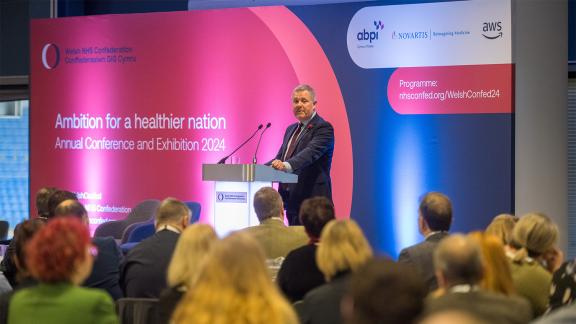Junior doctor strikes could cause significant impact to patients and services

Speaking as junior doctors across England prepare to strike Matthew Taylor, chief executive of the NHS Confederation, said the impact on frontline services is likely to be significant and could further jeopardise efforts to recover services and tackle waiting lists.
It comes as a new analysis by the NHS Confederation has found our members are worried about the hazardous position the system is in due to a cocktail of viruses, industrial action and operational flow issues.
Matthew Taylor said: “There is no doubt that these strikes are coming at the worst possible time, with the NHS entering the most difficult period of the year. As the level of winter viruses continues to ramp up in hospitals and more staff go off sick the last thing leaders wanted was for junior doctors to stage more walk outs.
“We know that the strikes in January will take place during one of the busiest weeks of the year for the NHS. The absence of national derogations for emergency and other life-critical services is an extra worry for health leaders as this could leave patient safety in a more precarious state.
“More than a year of industrial action have led to more than a million appointments and operations being cancelled. Patients are the ones being left to pick up the pieces of this ongoing dispute.
“While the NHS will still be there for people in an emergency the impact on frontline services is likely to be significant and could further jeopardise efforts to recover services and tackle waiting lists. Over the periods of industrial action patients could face longer waits, planned appointments and non-urgent treatments being rescheduled and some consolidation of services.
“Leaders and their teams will be focused on responding to higher than usual A&E attendances and trying to safely discharge patients who are well enough to leave hospital so that beds can be prioritised for those with the greatest clinical need.
“Extensive planning has also taken place to sort staff cover during the strikes, while health leaders have done their best to make sure patients whose planned appointments have to be rescheduled are given as much notice as possible and patients who are ready to be discharged from hospital can leave.
“Health leaders do not want their patients and staff to be put in this situation again, which is why it is vitally important the government and BMA get back around the table.”


